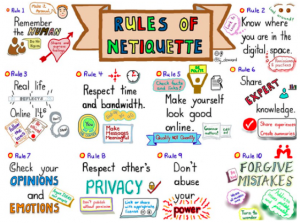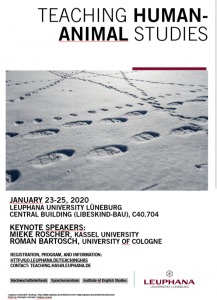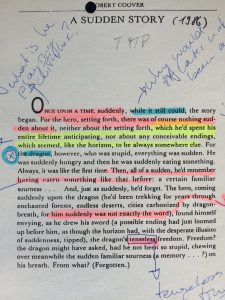
When we think about relationships between human animals and non-human animals, we often think of the relationship between guardians and pets. However, there’s so much more to the topic. This week, I’ll continue our series on Digital American Studies by sharing with you some wonderful videos on human-animal studies I found useful for undergraduate classes. Whenever I teach ecocritical theory – for instance my project seminar, “Study & Save: Eco-Critical Theory in Action” – I make sure it always has a practical component. And even in seminars on North American culture, ecocritical topics (e.g. fracking, plastic oceans, deforestation, and loss of species) are always part of the deal.











